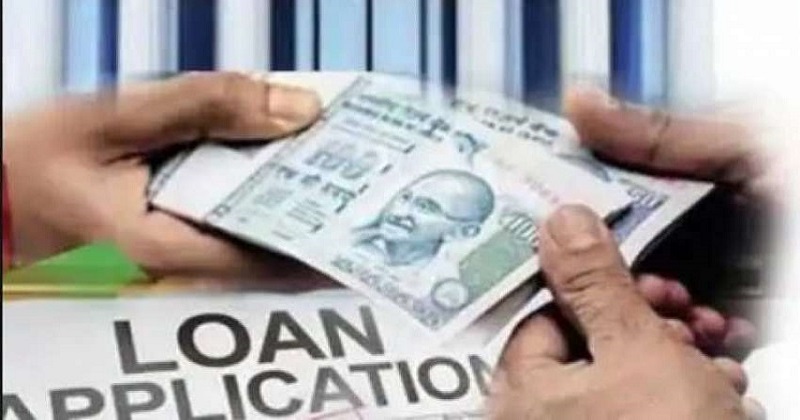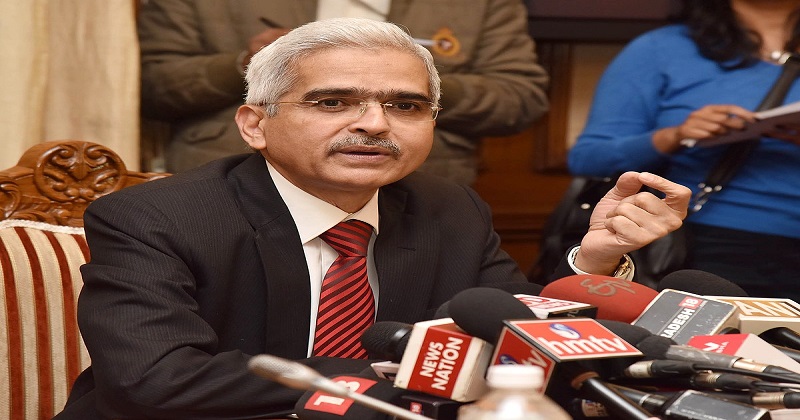
The Reserve Bank of India today said it would allow lenders to restructure loans of borrowers who are struggling to repay because of the fallout of the COVID pandemic.
The restructuring will enable borrowers to reschedule their loan payment, or get a limited loan repayment holiday, or lower interest rates on their existing loans depending on the agreement they reach with their bank(s).

Even before the RBI announcement, banks could have changed the loan repayment terms for their borrowers. But in that case, they would first have to declare the borrower a defaulter, and set aside more money from their profits to cover for potential risk of the loan never being repaid. Now, with RBI’s new rules on loan restructuring, banks have been given some relaxations, and so will be open to granting this relief to genuinely impacted borrowers.
What did RBI announce?
RBI announced a one-time restructuring scheme for lenders, which will allow them to change repayment terms for their borrowers who have been hit by the COVID-19 lockdown. Lenders can now do this while keeping the borrower’s account standard, and will not have to tag them as defaulters/their account as a non-performing loan. Non-performing loans are those that remain unpaid for over 90 days. Lenders can now also restructure debt without changing the owners of a stressed company, which was the case under existing rules. However, these easier terms are only allowed for those borrowers who have been impacted by COVID19, and no others.

Availability of the scheme?
The last date for banks to invoke restructuring of eligible loans is December 31, 2020.
Can loans taken from non-banks, or co-operative banks also be restructured?
Yes, RBI has allowed all public banks, private banks, foreign banks operating in India, small finance banks, Local Area Banks, regional rural banks, primary (urban) co-operative banks, state co-operative banks, district central co-operative banks, NBFCs, housing finance companies, and all-India financial institutions to use this facility.
Are all loans eligible for restructuring?
The scheme is applicable for all personal and corporate loans that came under stress due to COVID-19, with certain conditions. But financial services providers, MSME borrowers who have total loans outstanding of less than Rs 25 crores, farm credit, loans to government bodies are not eligible. Any loans to Primary Agricultural Credit Societies (PACS) or Farmers’ Service Societies (FSS) for lending to agriculture would also not be eligible for this restructuring.

What are the eligibility conditions for borrowers that can benefit from this scheme?
Only those borrowers who were making regular repayments for their loan, and were not overdue for more than 30 days as of March 31, 2020 are eligible to benefit from this scheme.
What benefits will borrowers with personal loans get under the restructuring?
Restructuring a borrower’ loan could entail changing terms of the loan via rescheduling of payments, conversion of any interest accrued (or to be accrued) into another small loan, or granting of moratorium, subject to a maximum of two years.
An eligible personal loan borrower’s account will be maintained as “standard” or not in default in the lender’s books until the date that the borrower and lender agree to proceed with restructuring (date of invocation).
What do the rules say for banks restructuring personal loans?
Lenders/banks will be allowed a maximum of 90 days to implement the resolution or restructuring plan. If they fail to implement the resolution plan in this time, then they will not get any benefit under the COVID restructuring scheme, and will have to declare the loan a non-performing assets, and set aside higher provisions.
What about restructuring of corporate loans?
All lenders to the corporate seeking a loan recast would first have to sign an inter-creditor agreement within 30 days of agreeing to restructure the loan. The recast proposal would have to be approved by lenders representing at least 75 percent of the loan value and by 60 percent of the lenders in number to be invoked. If the creditor agreement is not signed within 30 days of restructuring being invoked, the recast would fail, and the borrower would not be eligible to seek recast under this window again.

Banks can agree to reschedule the corporate borrower’s repayments, allow a moratorium window, lower rates, etc under this scheme without changing ownership, and without downgrading the account to an NPA. This provided the corporate borrower’s account was not overdue for more than 30 days as of March 1, 2020 and is eligible.
Lenders have a maximum of 180 days time to implement resolution or restructuring plans for corporate borrowers.
RBI is also constituting an Expert Committee for restructuring. What will its role be?
An expert committee led by veteran banker KV Kamath will advise RBI on this loan recast scheme. The committee will recommend a list of financial parameters to be considered for resolution plans, including sector-specific factors. It will also vet large resolution plans under this scheme to see if all rules are being followed.
How is RBI ensuring that banks can protect themselves in case these restructured loans turn bad?
Under existing rules, banks have to set aside 15 percent of the total loan value as provision buffer when they restructure. However, under this COVID-specific window, RBI has asked lenders to keep aside 10 percent of the renegotiated debt after the plan is implemented for both personal and corporate loans. However, for corporate loans, lenders who do not sign the ICA within 30 days of invocation will have to keep a minimum provision of 20 percent of the debt.

Post Your Comments